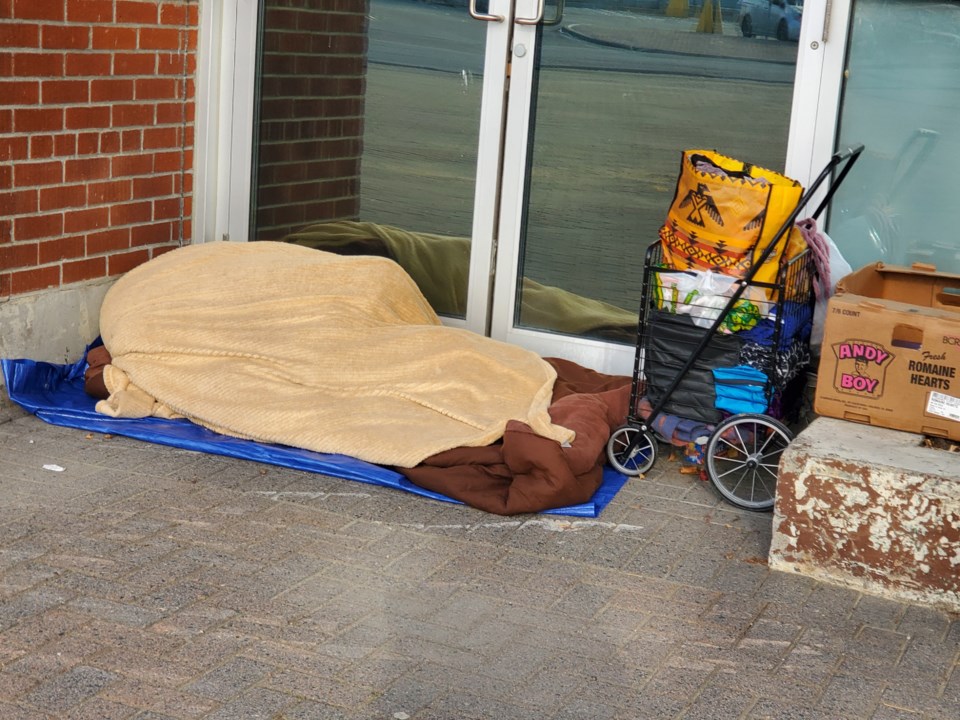Homelessness. It’s a word that stirs images in people’s minds — of addiction, despair, mental illness. Too often, I’ve heard people talk about those without homes like they’re not human; they’re just a social problem to solve.
“They choose that life,” some say dismissively as if anyone would choose to struggle to find a bathroom, a meal, or a safe place to sleep.
What if I told you I lived it? That I was homeless, all while working full-time, helping my community and prioritizing others over myself.
At first, I didn’t want to share my story. There’s a deep sense of shame and guilt tied to being homeless. It feels like admitting failure. Even as someone who advocates for housing as a right, I struggled to ask for help. I worried about being judged or seen as less capable because I wasn’t “stable.”
But the truth is, homelessness isn’t about laziness or poor choices — it’s about a lack of support systems, about gaps in the safety net that let people fall through.
During my homelessness, I experienced things I never thought I would. I hauled water just to have something drinkable. I used the gym not for exercise, but to access hot, clean water for a shower. I sat in the dark some nights because I had no power, and I learned to let go of comforts I once took for granted: watching TV, having reliable internet, or even enjoying a snack before bed.
Laundry became a logistical nightmare with no nearby laundromats. Sometimes, finding a clean pair of socks felt like a victory. I lived in my car, in hotels, on couches, and even in my trailer this summer. Each situation came with its own challenges, from the physical discomfort to the emotional toll of feeling unmoored.
Through it all, I kept working. I helped others find housing while quietly navigating my own homelessness. Each day, I prioritized the needs of my community over my own, carrying their stories, their struggles, and their pain alongside my own.
And yet, even in my darkest moments, I found light. Family and friends stepped up in ways I never expected. Their support reminded me of the strength in community and the humility in receiving help.
This journey taught me more than I ever imagined about the realities of homelessness. It’s not just about having no roof; it’s about the lack of resources to regain stability. Sometimes, people need more than a home — they need personal support, counselling, or health services.
Homelessness is rarely a standalone issue; it’s tied to broader challenges that require collective solutions.
Now, I want to acknowledge those who are struggling. To anyone who is unhoused, at risk, or just barely holding on: You are seen. You are valued. And you are not alone.
I know this because I’ve been there.
What I didn’t tell you earlier is that I’m the housing navigator for Whitefish River First Nation. Yes, the person responsible for helping others find housing was, for a time, homeless.
Some might see that as ironic, but I see it as an opportunity. My experience brought me closer to the people I serve. It taught me humility, resilience, and the importance of walking alongside others with empathy and understanding.
This is why I do the work I do. I carry my story with me because it’s part of the community’s story. My journey has given me a deeper connection to my people and a renewed determination to advocate for solutions that address not just housing, but the holistic needs of those without it.
Together, we can create a world where no one feels invisible or unheard. Because being homeless isn’t just about having no roof—it’s about finding the support and humanity we all deserve.
